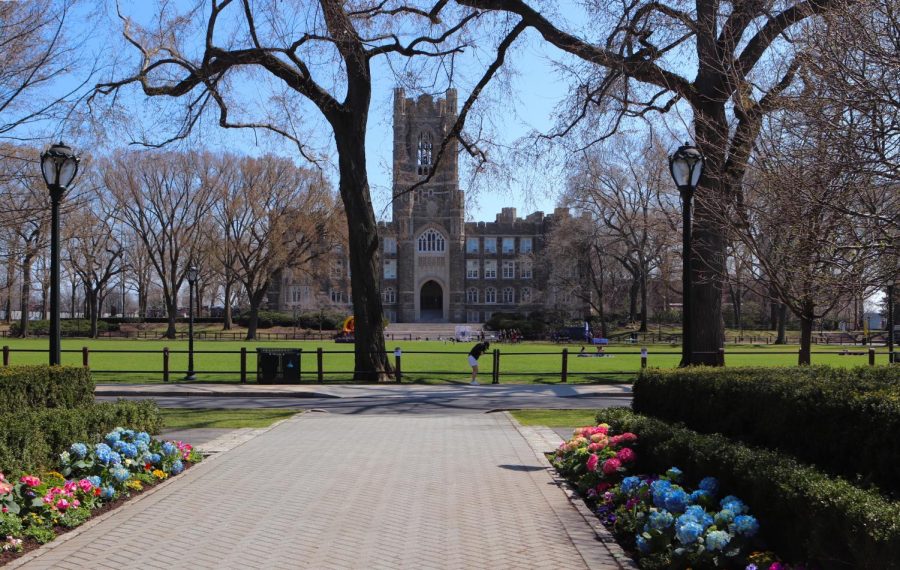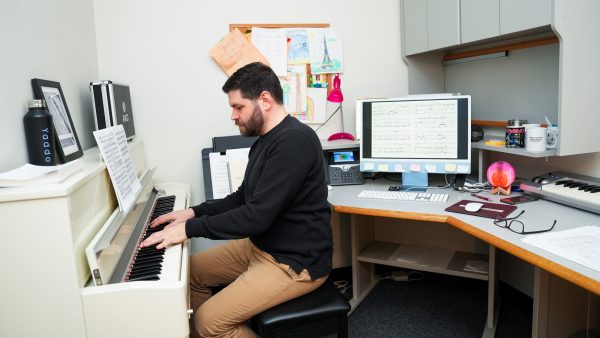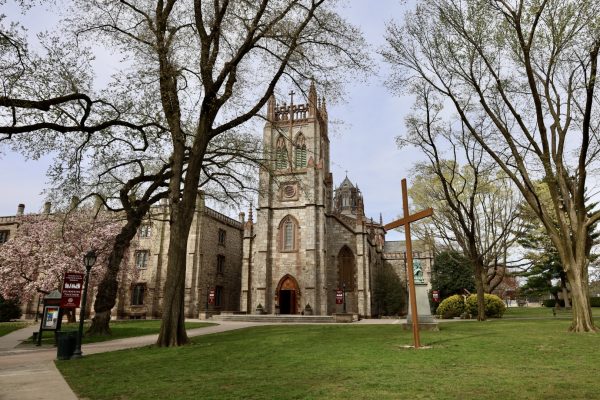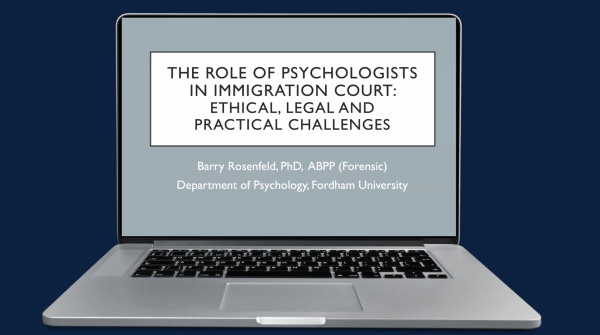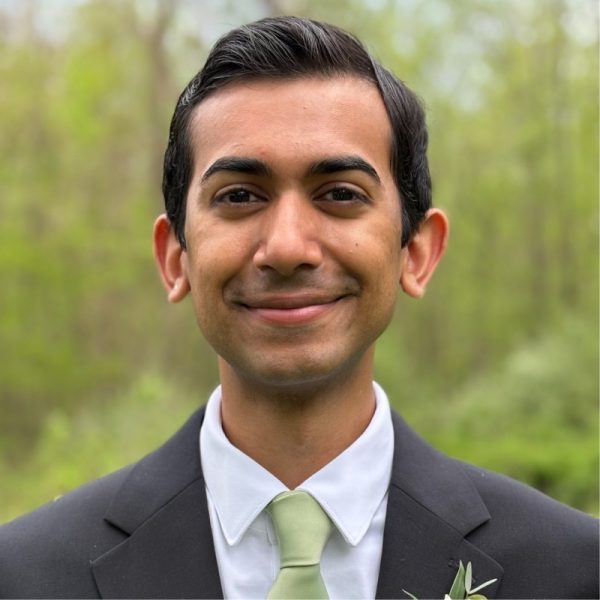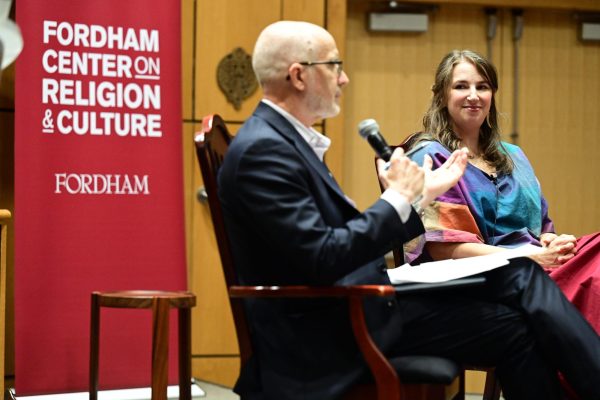Four Years of College Isn’t Guaranteed
Coming into college, there are certain expectations nearly everybody has for their “college experience.” Fordham University at Rose Hill, with its surprisingly-expansive campus and Gothic Revival architecture — not to mention the number of bars around campus — plays into the idea of the traditional four years on a college campus in many ways.
However, four years isn’t guaranteed. In fact, as the March 2020 send-off proved, it wasn’t guaranteed for an entire graduating class. As someone who was a freshman at that time, spent sophomore year in remote learning on the other side of the country and is now concluding my studies at Fordham a year early following this summer, I’ll only have spent a single full academic year on campus. That’s why I think it’s so important to make the most out of every moment you get on campus, and to not miss out on the numerous opportunities that are offered at this critical transitional period.
Let’s start with the most obvious of the opportunities presented on Fordham’s campus: the location. Even if you’re not a Lincoln Center student, it’s fair to say that New York City is just as integral to your four-ish years as Keating Hall. Looking back now, I wish I had explored it more. We don’t all leave Fordham to go to bustling metropolises, and, depending on our plans post-graduation, we may not get the opportunity to live in the heart of one for a long time after. Even if traveling to Manhattan from Rose Hill on a whim seems daunting, even the time spent on the commute will probably be more rewarding to look back on than hours spent in a dorm room or apartment, browsing the same internet that’ll be there when you graduate.
Attending Fordham isn’t just a foot in the door for New York City, though. Fordham University itself offers an incredible array of academic and personal opportunities that so many people can graduate without ever taking advantage of. A university campus is a uniquely-populated shared space. Being here, you have access to not only the concrete resources around you, but the people that you share the campus with. Not only do your fellow students afford you a diversity of lived experiences that you have no choice but to be exposed to and learn from, but your professors and advisors are likely to be people that have dedicated a large portion of their careers to an academic niche. A niche that — should you find yourself interested in it — you could (politely) ask about. And learn about. Imagine that.
There will be few other places where there will be so many different events happening under your nose, most of them costing only your time. This doesn’t only go for the obvious events like concerts, socials or club gatherings either. I consider myself lucky to have ended up covering some events for the Ram that I would otherwise never have attended. One of my favorite experiences at Fordham was actually attending a lecture on sexuality in modern Catholicism that I listened to my freshman year. If I hadn’t been encouraged to write about it, I may never have even bothered to check it out. After all, a lecture entitled “The Sexual Dynamics of Modern Catholicism” wasn’t the kind of thing I imagined spending a weekday night listening to.
It was riveting, though. Enough that I chose a theology course to satisfy my core requirements over other options when the time came.
Which brings me to another opportunity I don’t see appreciated enough. The flexibility of the much-maligned required core curriculum has allowed me to explore so many niches outside of my intended economics major, that I would consider it the biggest selling point of an education at Fordham University. First, the core curriculum is really not as restrictive as some people seem to think. The requirements are quite easy to fill, and there is usually an incredible variety of courses offered for any one requirement. Second, this incredible variety can and should be taken advantage of. Taking an introductory music history course to fulfill my fine arts core requirement may not have awakened a long-dormant musical prodigy inside me, but it ignited a love of the opera. My understanding historical change requirement prompted me to take “Islamic History and Culture,” which led to me taking on Middle East studies as a second major, which then led to me taking “Arabic Literature in English Translation,” which led to my overstuffed bookshelf groaning under the weight of the works of great authors that I may never have otherwise discovered.
What could have been an opportunity for me to complain about how an economics major didn’t need any “fine arts” or “ethics” to slow me down, turned into an opportunity to learn more about what’s important to me, and what kind of person I wanted to be moving forward.
This is all to say that, looking back, my time at Fordham was so short. Despite doing everything I could with it, I just keep looking back and thinking there were so many great chances I held back from, for no reason at all. So my advice to anyone not yet graduating is this: No matter what you do, don’t hold back. Talk to that person. Meet with your professors. There’s so much more to do than the usual routine, and there are so many fewer consequences for being less-than-perfect than you might think. Four years pass by quickly enough, and, for me, three years has felt like nothing at all.
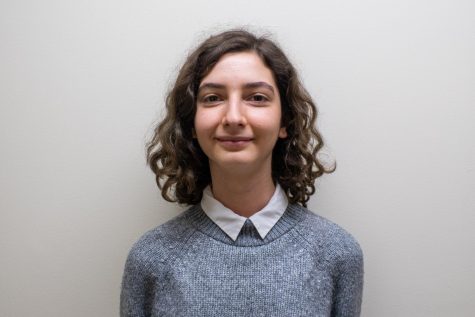
Hasna Ceran is a junior double majoring in economics and Middle East studies. She began by writing the USG Column for Volume 101 and served as an Assistant...





































































































































































































